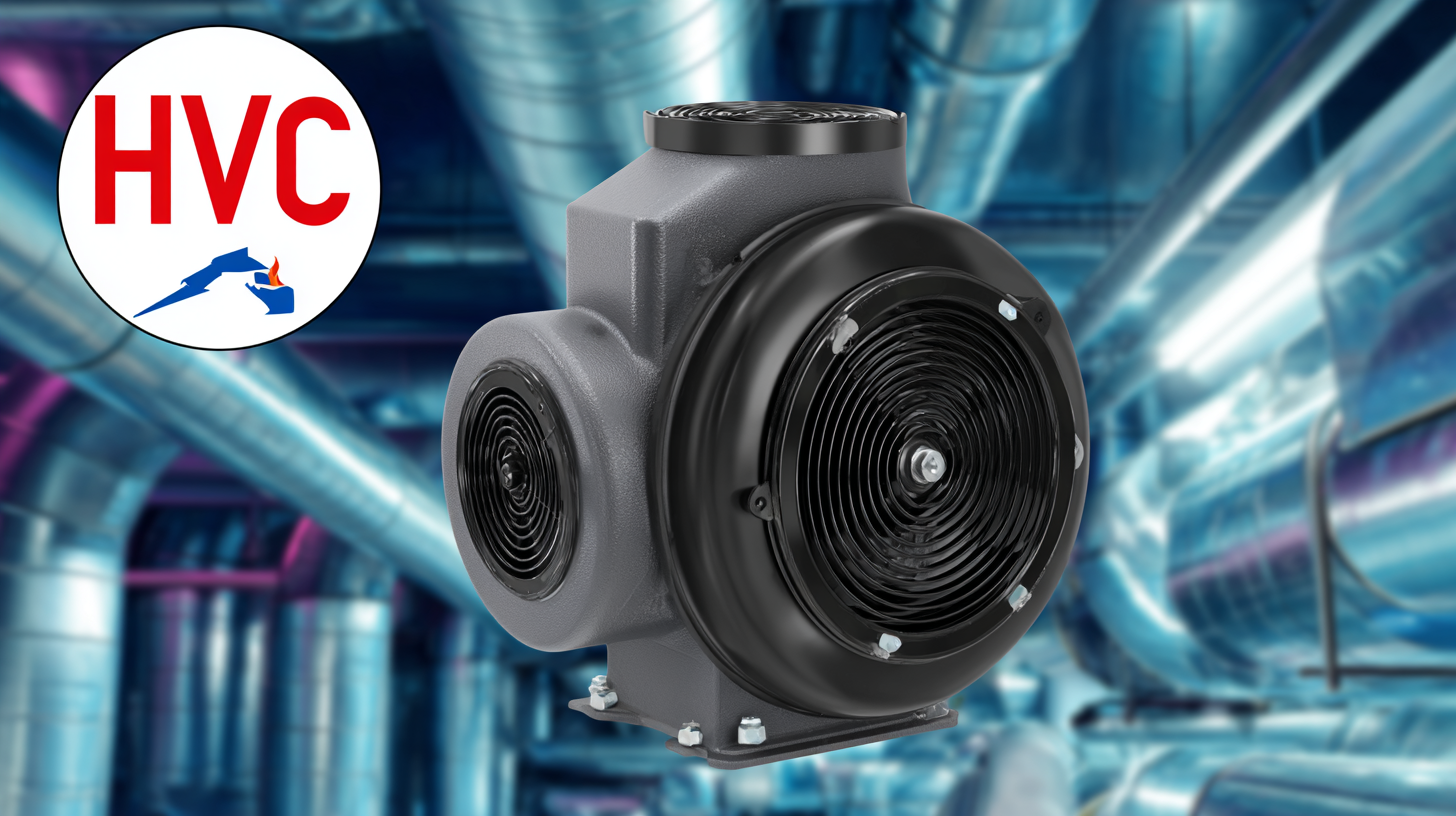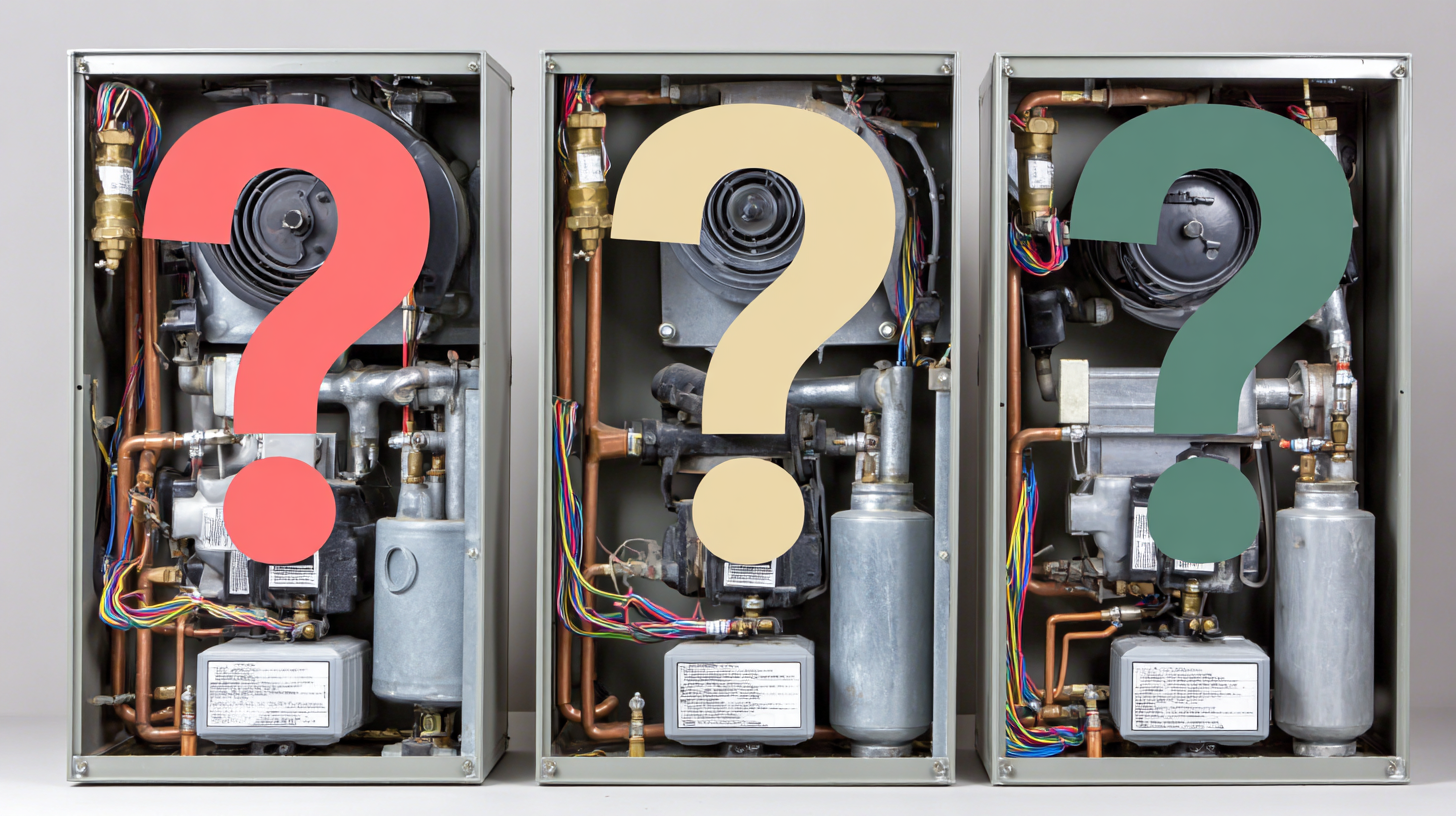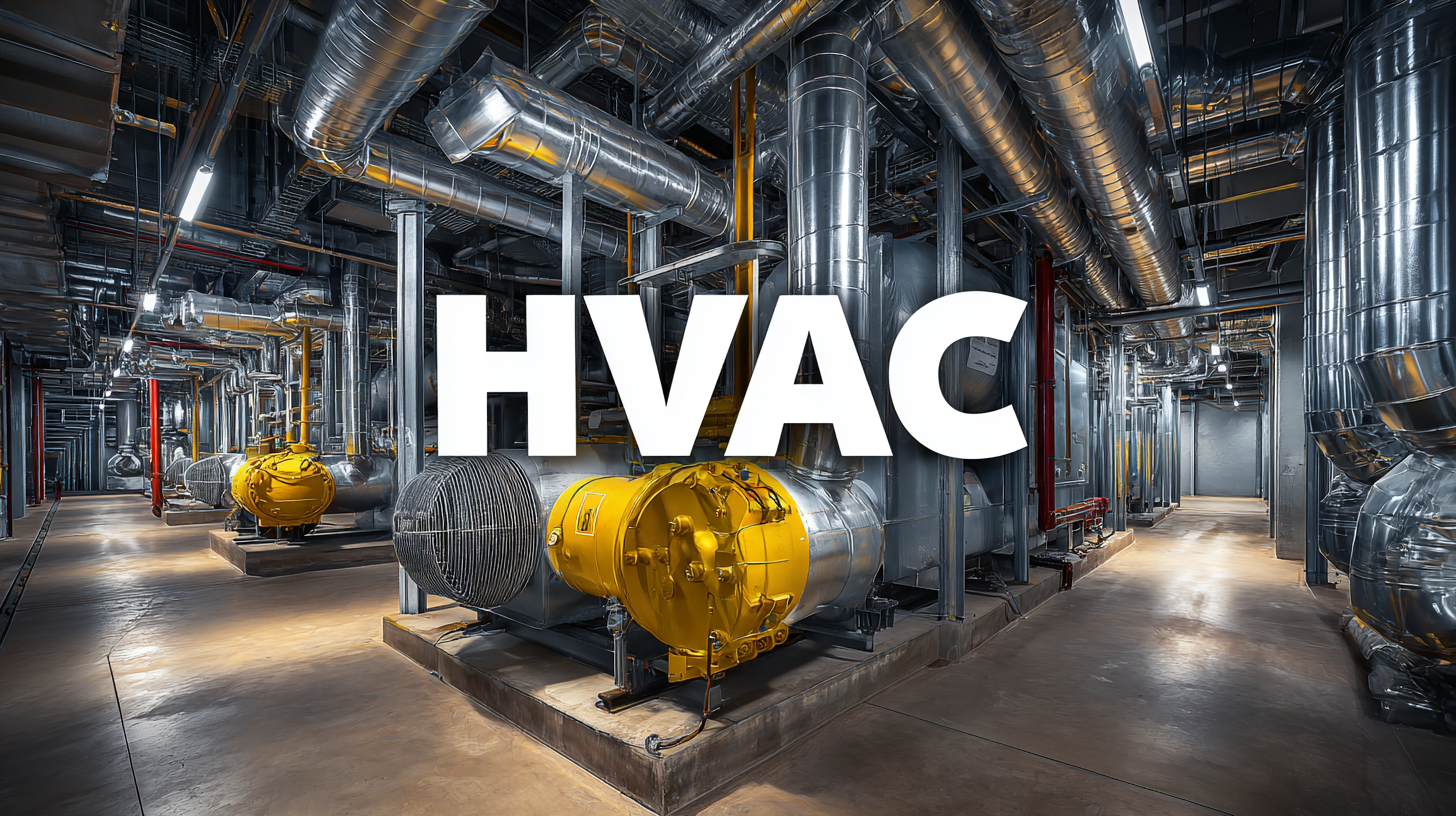




When it comes to maintaining comfortable indoor environments, the HVAC blower motor plays a crucial role in air circulation and system efficiency. According to the U.S. Department of Energy, HVAC systems account for approximately 48% of a home's energy use, highlighting the importance of selecting the right components, including the blower motor, to optimize performance and reduce energy costs. With the HVAC industry rapidly evolving, manufacturers are implementing higher production standards, driven by the demand for energy-efficient and environmentally friendly solutions. A recent market analysis indicates that the global HVAC blower motor market is projected to grow at a CAGR of 5.5% from 2022 to 2030, reflecting a clear shift towards more advanced technologies and performance metrics. Understanding these trends and the essential factors in choosing the right HVAC blower motor is vital for homeowners and contractors alike, ensuring both comfort and sustainability.

When it comes to HVAC systems, the blower motor plays a crucial role in ensuring your home remains comfortable year-round. Understanding the importance of choosing the right blower motor can significantly impact the efficiency and longevity of your system. A suitable motor not only optimizes airflow and temperature control but also enhances energy savings. Selecting a blower motor tailored to your heating and cooling requirements can prevent frequent repairs and reduce energy bills.
Tips for selecting the perfect HVAC blower motor include first evaluating the compatibility with your existing system. It's essential to consider the motor's horsepower and airflow capacity to match your HVAC unit's specifications. Another crucial aspect is the type of motor—whether you need a single-speed or variable-speed motor. Variable-speed motors offer greater control and efficiency, making them an excellent choice for modern systems.
Additionally, pay attention to the energy efficiency ratings of the blower motor. Higher-rated motors consume less electricity and operate quietly, providing a more comfortable indoor environment. Don't forget to check the warranty and customer reviews for insight into the motor's reliability and performance. By taking these elements into consideration, you can ensure a smart investment in your HVAC system that stands the test of time.
| Feature | Importance | Considerations |
|---|---|---|
| Motor Type | Different types (e.g., PSC, ECM) affect energy efficiency and performance. | Choose based on your system requirements and energy savings goals. |
| Horsepower Rating | Determines the capacity of the blower motor to move air. | Select an appropriate rating for your HVAC system size. |
| Speed Options | Single vs. multi-speed options impact comfort and efficiency. | Multi-speed motors provide better control and adaptability. |
| Size and Dimensions | Must fit properly within the HVAC housing for effective operation. | Measure space accurately before purchasing. |
| Voltage Compatibility | Ensures motor operates within the electrical system's capacity. | Verify compatibility with existing HVAC system voltage. |
| Noise Level | Affects comfort levels within the living space. | Look for models with lower decibel ratings. |
| Energy Efficiency Rating | Impacts operational costs and environmental footprint. | Choose motors with higher efficiency ratings for savings. |
When selecting an HVAC blower motor, several key factors must be taken into account to ensure optimal performance. First, it's essential to consider the motor type. Blower motors can be categorized as single-speed, multi-speed, or variable-speed. Single-speed motors offer a straightforward, budget-friendly choice but may not provide the efficiency of variable-speed motors, which adjust their speed based on the heating or cooling demand, leading to lower energy consumption and enhanced comfort.

Another critical factor is the size and compatibility of the blower motor. The motor must be appropriately sized for the HVAC system to maintain effective airflow. Oversized or undersized motors can lead to poor system performance and increased wear and tear. Additionally, reviewing the voltage and horsepower ratings will help ensure that the motor aligns with the specific requirements of your HVAC system. Proper fit, efficiency, and energy ratings play a significant role in making a well-informed decision that can ultimately affect the longevity and performance of your HVAC system.
When selecting an HVAC blower motor, efficiency is a key factor that directly impacts energy consumption and indoor air quality. According to a report by the U.S. Department of Energy, heating and cooling account for nearly half of the energy use in a typical American home. A properly chosen blower motor can significantly enhance the system’s efficiency. For instance, ECM (Electronically Commutated Motor) models can achieve efficiencies of up to 80% or higher, compared to traditional PSC (Permanent Split Capacitor) motors that only reach efficiencies of 60% to 70%. This difference can lead to substantial savings on energy bills over time.
Additionally, the type of blower motor selected can influence airflow characteristics and overall performance. Single-speed motors are often less efficient when dealing with variable heating and cooling demands, while multi-speed and variable-speed motors allow for more precise control of airflow. According to the American Society of Heating, Refrigerating and Air-Conditioning Engineers (ASHRAE), variable-speed motors can provide more consistent temperatures and improved humidity control, making them an ideal choice for modern HVAC systems seeking enhanced comfort and efficiency. Thus, understanding the distinctions between these motor types is crucial for achieving optimal system performance and energy savings.
When selecting the best HVAC blower motor for your system, ensuring compatibility is crucial. A recent market analysis reveals that the smart HVAC control market is expected to see significant growth, with an estimated size of $206.9 billion by 2032. This projection highlights the increasing demand for efficient and intelligent systems that integrate seamlessly with existing setups. Understanding your current HVAC configuration is vital, as using the right blower motor can enhance performance and energy efficiency.
To ensure compatibility, it’s essential to consider factors such as the motor’s size, type, and specifications compared to your current system. The global differential pressure gauge market, which is projected to expand due to the rising need for monitoring HVAC systems, underscores the trend towards precision in HVAC components. This growth supports the importance of selecting a blower motor that not only fits physically but also meets the operational requirements of your existing setup. By making informed choices based on comprehensive market data, you can significantly improve your HVAC system's functionality and lifespan.

When selecting the best HVAC blower motor for your needs, evaluating manufacturer credentials is crucial. A well-established manufacturer often indicates reliability and quality. Look for companies with a strong track record in the HVAC industry, including years of operation and a history of innovation. Research their certifications, as those awarded by recognized industry bodies can further assure you of their commitment to quality standards.
Product reviews also play a vital role in the selection process. Reading customer feedback can provide insights into the performance and durability of a blower motor. Pay close attention to reviews that highlight the motor's efficiency, noise levels, and ease of installation. This firsthand information can help you gauge whether a product lives up to its claims.
**Tip:** When browsing reviews, aim for a mix of both positive and negative feedback to get a balanced perspective.
Additionally, consider the warranty offered by the manufacturer. A comprehensive warranty not only reflects the manufacturer's confidence in their product but also provides you with peace of mind knowing that any issues will be addressed.
**Tip:** Always ensure that the warranty terms are clearly outlined and understand what is covered before making a purchase.


